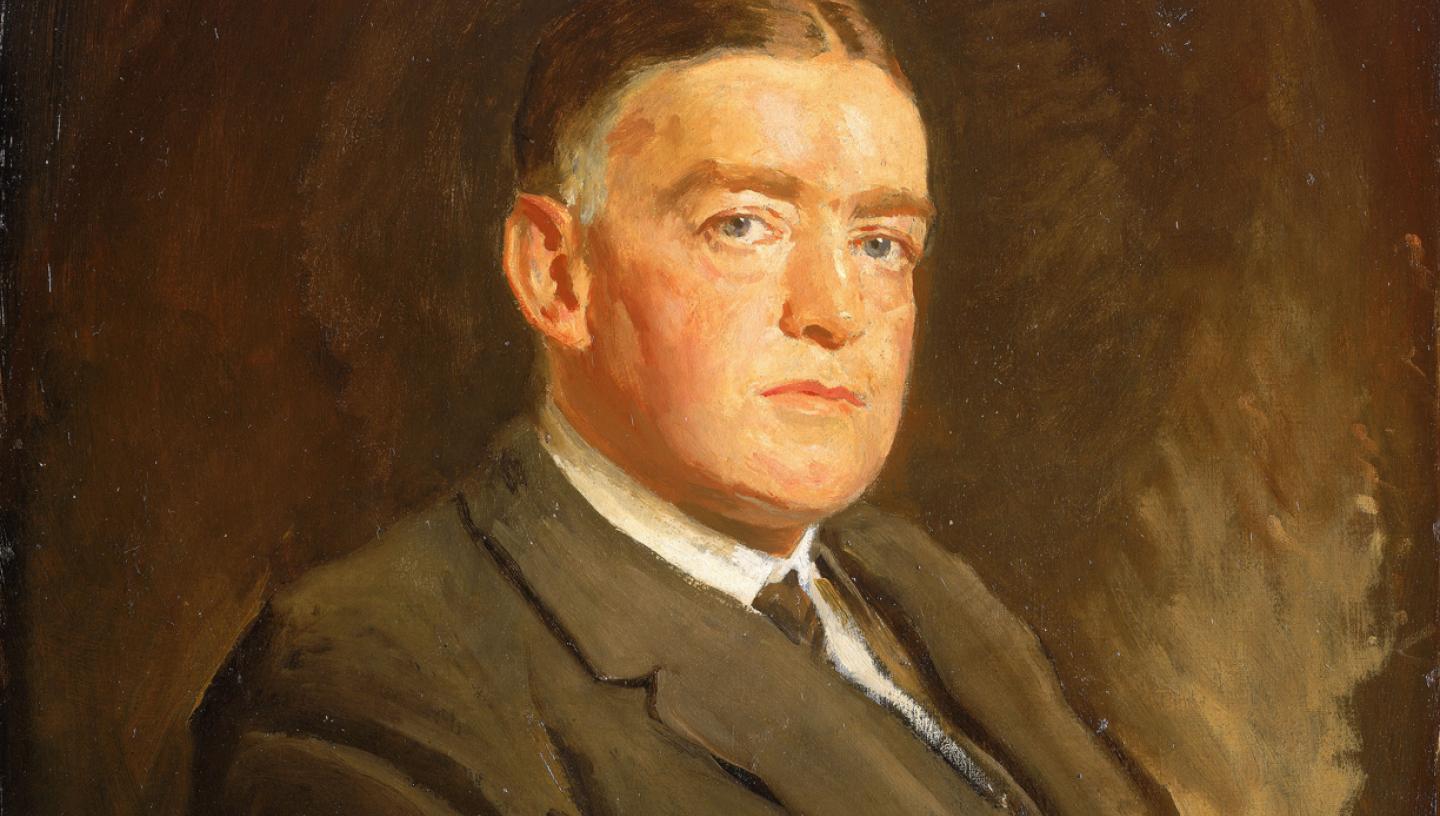
In 1907, Ernest Shackleton embarked on an expedition to the South Pole aboard his ship Nimrod. He was almost successful, falling just 97 miles short.
Sir Ernest Shackleton had his first taste of polar exploration when he travelled with Robert Falcon Scott to the Antarctic in 1901. Although he’d been sent home from the trip due to ill health, Shackleton vowed to return to the Antarctic and prove himself as a polar explorer.
Shackleton’s first solo expedition
On 7 August 1907, with the backing of various sponsors, including Clydebank shipbuilder William Beardmore, later Lord Invernairn, Shackleton's ship Nimrod set sail for the Antarctic. Nimrod was an old Arctic vessel in poor condition. Onboard were a mixed crew of scientists, sailors, civilians and even a paying guest. For transport on the ice, ponies, dogs and a motorcar were taken.
Base camp was established at Cape Royds in McMurdo Sound. This proved controversial, as Scott had claimed 'territorial rights' to this area and Shackleton had agreed not to land there. Onboard Nimrod, were Australians recruited during the voyage south, including the geologists Professor Edgeworth David (who was Welsh-born) and Douglas Mawson. In 1908, David led the party that climbed the active volcano on Ross Island, Mount Erebus. He also led the team that that reached the South Magnetic Pole in 1909.
97 miles from the Pole
The main focus of this expedition, however, was Shackleton's party heading towards the Pole. Accompanied by Frank Wild, Eric Marshall and Jameson Boyd Adams, he set off on 29 October 1908. Ponies were initially used to pull the sledges but they all died after suffering badly in the sub-zero conditions.
The men reached the high Polar plateau in December 1909 and claimed it for King Edward VII. On 9 January, in danger of starving, Shackleton decided to turn back. He had reached 88°23' south, only 97 miles from the Pole. The decision saved their lives but the three-month journey back to base was harrowing.
On his return to Britain, Shackleton was hailed a national hero and knighted.


